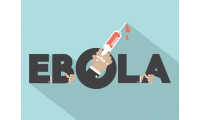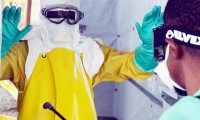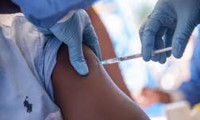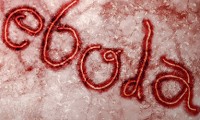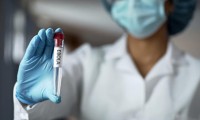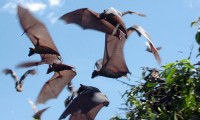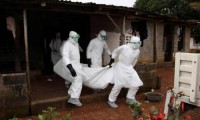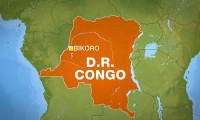-
Ebola ‘no longer incurable’
- Source: drugdu
- 892
- August 15, 2019
-
WHO Reports a Doctor Being a New Probable Case of Ebola in Congo’s Violence Struck Area
- Source: WHO
- 1,559
- August 28, 2018
-
Experimental Ebola Treatments Approved by Congo as it Sees Flare-Up in Cases
- Source: Reuters
- 1,465
- August 24, 2018
-
Setup of Refrigerators in Congo for Maintaining Ebola Vaccines
- Source: Reuters
- 751
- August 8, 2018
-
WHO Rings Alarm Bells for No Vaccine Option for Current Ebola Outbreak
- Source: CNBC
- 1,011
- August 7, 2018
-
V920 Vaccination Against Ebola Outbreak Proves a Great Success
- Source: FiercePharma
- 1,086
- June 29, 2018
-
Can Bats Predict the Next Ebola Outbreak?
- Source: Ddu
- 870
- May 25, 2018
-
Experimental Merck vaccine gears up to fight Congo Ebola outbreak
- Source: Ddu
- 1,042
- May 15, 2018
-
New Ebola outbreak declared in Democratic Republic of the Congo
- Source: WHO
- 794
- May 10, 2018
your submission has already been received.
OK
Subscribe
Please enter a valid Email address!
Submit
The most relevant industry news & insight will be sent to you every two weeks.

